China, Europe and the US dominate the top ten largest banks in the world by assets, as we take a look at the financial institutions making a global impact
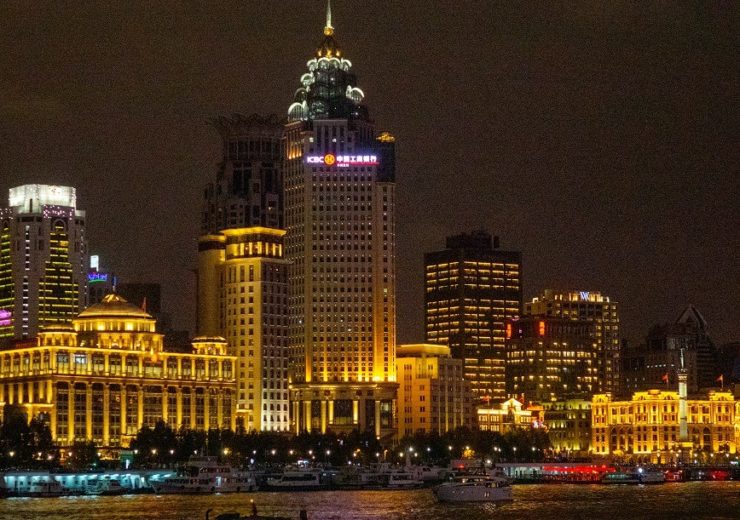
ICBC building Shanghai (Credit: Peter K Burian/Wikimedia)
Although the International Monetary Fund recently lowered its growth forecasts for the global economy, to 3.5% in 2019 and 3.6% by 2020, the largest banks around the world continue to accumulate trillions of dollars in assets.
Established and growing markets in the US, Europe and Asia continue to become more sophisticated and capable of generating revenue for the financial institutions that serve them.
And, while the US might still boast the world’s biggest economy, the rapid rise of China has led the country’s powerful state-owned banks to become the four biggest banks in the world in terms of assets, according to a report published by S&P Global Market Intelligence.
Together, the top ten banks posted $13.637tn (£10.437tn) in assets – which includes all physical and financial property owned by the bank such as loans, overdrafts and reserves.
Here we list the ten largest banks in the world by assets, and take a closer look at the lending institutions that have made their way to the top table of global financing institutions.
Largest banks in the world by assets
1. Industrial and Commercial Bank of China – Assets: $4.009tn (£3.07tn)
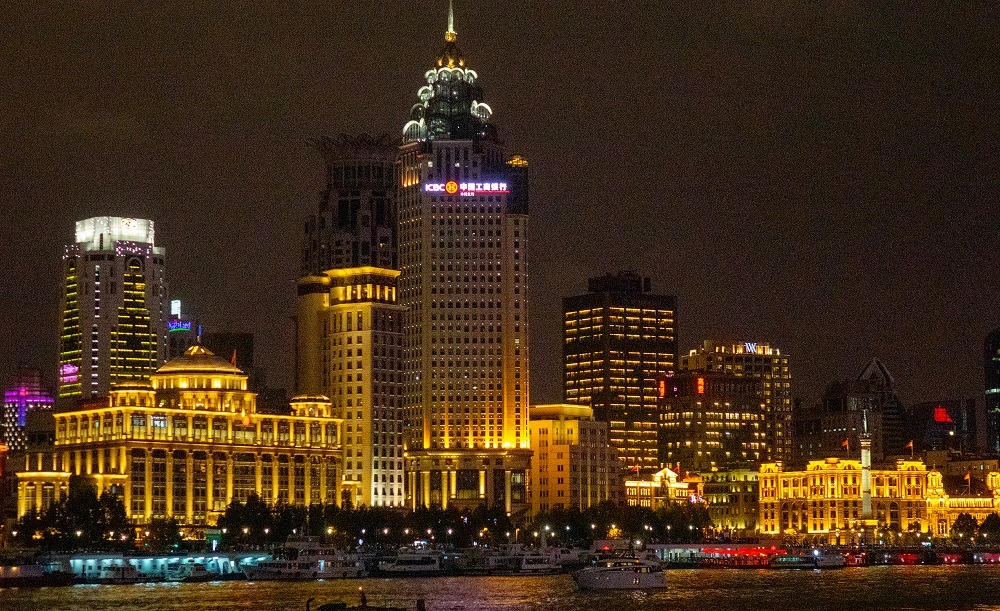
Founded in Beijing in 1984, the Industrial and Commercial Bank of China (ICBC) claims the title of being the world’s largest bank by assets, with more than $4tn (£3.06tn) on its books at the last count.
It is one of the “Big Four” state-owned Chinese banks that dominate this list, and has offices around the world with operations in 42 countries and territories.
ICBC claims to have more than 530 million personal banking customers, and 5.7 million corporate banking customers.
2. China Construction Bank Corporation – Assets: $3.4tn (£2.6tn)

Headquartered in Beijing, China Construction Bank Corporation (CCBC) was founded in 1954 and is now chaired by Wang Hongzhang.
It has $3.4tn (£2.6tn) in assets and is under the ownership of the Chinese government’s Ministry of Finance – although for a brief period Bank of America held a 10% stake in CCBC.
The bank, which is involved in retail banking, corporate banking, investment banking, private equity, and wealth management services, has more than 13,600 domestic branches, as well as a number of overseas operations in Europe, Hong Kong, the US and Australasia.
3. Agricultural Bank of China – Assets: $3.253tn (£2.48tn)
Beijing-based Agricultural Bank of China was founded in 1951, following the merger of Cooperation Bank and the Farmers Bank of China.
It has been the subject of a number of different mergers since then, but remains under the ownership of the Chinese state.
With assets totalling more than $3.25tn (£2.48tn), it has around 320 million retail customers, 2.7 million corporate clients, and 24,000 branches throughout mainland China, Hong Kong, London, Tokyo, New York, Frankfurt, Sydney, Seoul, and Singapore.
4. Bank of China – Assets: $2.991tn (£2.287tn)
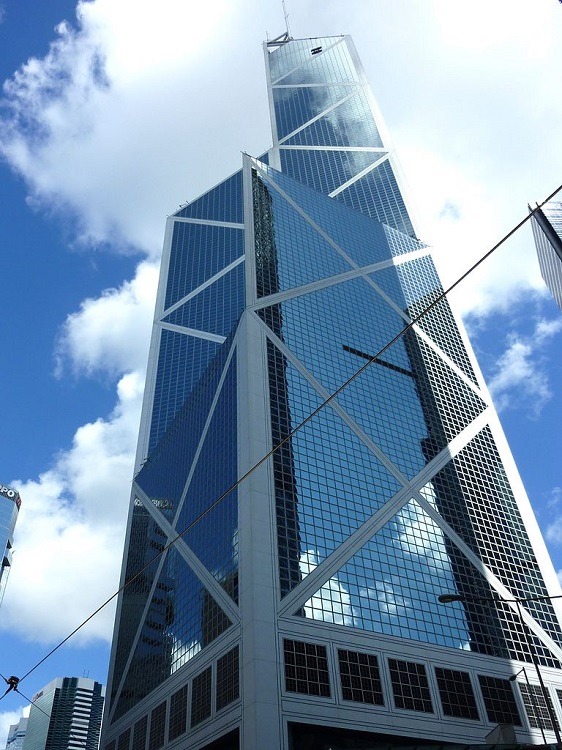
The final member of the state-owned Chinese banks at the top of this list, Bank of China was founded in 1912 and is the oldest bank still operating in mainland China from its Beijing headquarters.
At its inception, the bank was officially licensed to issue bank notes across mainland China, but today it has this ability only in the two “special administrative regions” of Hong Kong and Macau.
Bank of China holds more than $2.9tn (£2.2tn) in assets and is China’s most internationalised and diversified lender, with operations in 51 countries and regions.
Its core business is commercial banking, including corporate banking, personal banking and financial markets services.
5. Mitsubishi UFJ Financial Group – Assets: $2.787tn (£2.131tn)
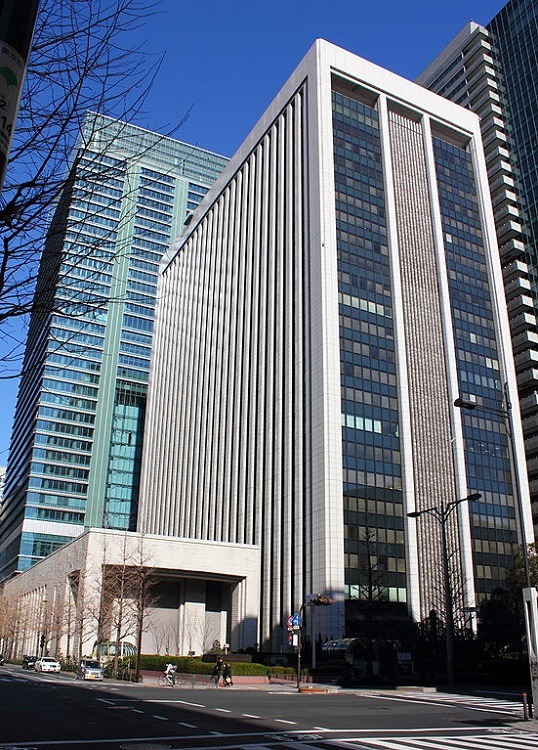
Headquartered in Tokyo, Mitsubishi UFJ Financial Group (MUFG) is Japan’s largest financial services company with more than $2.7tn (£2.06tn) in assets.
It was formed in 2005 by the merger between Mitsubishi Tokyo Financial Group and UFJ Holdings and is engaged in retail banking, investment management and retail management.
This month, Kanetsugu Mike was appointed as group CEO, replacing Nobuyuki Hirano.
6. JP Morgan Chase – Assets: $2.533tn (£1.937tn)
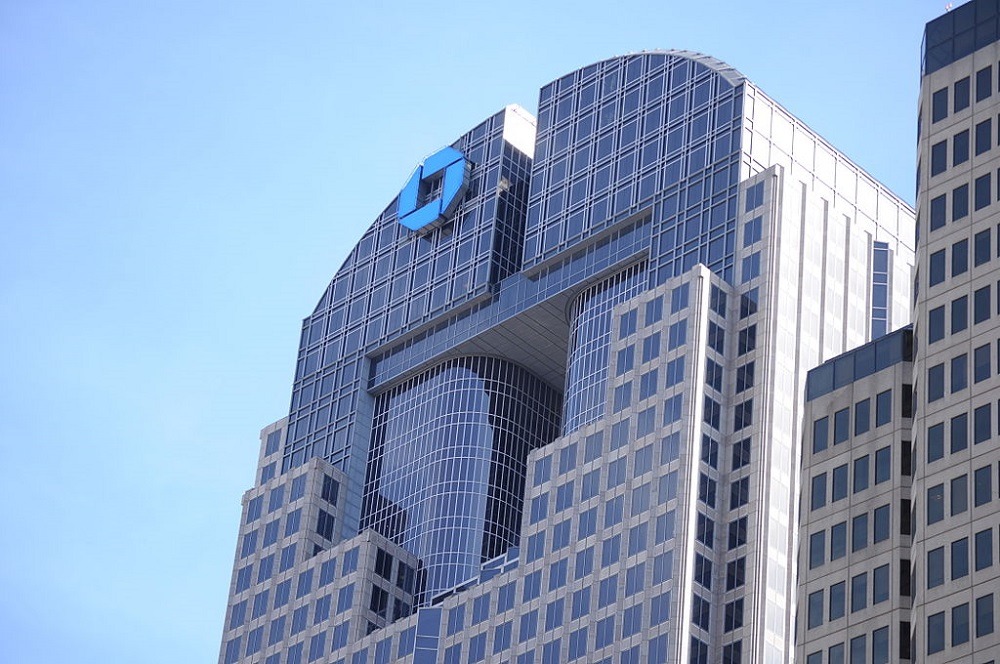
The largest bank in the US, JP Morgan Chase in its current iteration was founded in 2000 and is the result of several mergers and acquisitions, including Chase Manhattan Bank, JP Morgan, Bank One, Bear Stearns and Washington Mutual.
Currently based in New York and headed by CEO Jamie Dimon, the bank holds more than $2.5tn (£1.9tn) in assets.
It is engaged in an array of financial services under several divisions, including retail banking under the Chase brand and corporate banking under the Morgan brand.
JP Morgan Chase currently employs more than 25,000 people and has a presence in hundreds of markets.
7. HSBC – Assets: $2.521tn (£1.927tn)
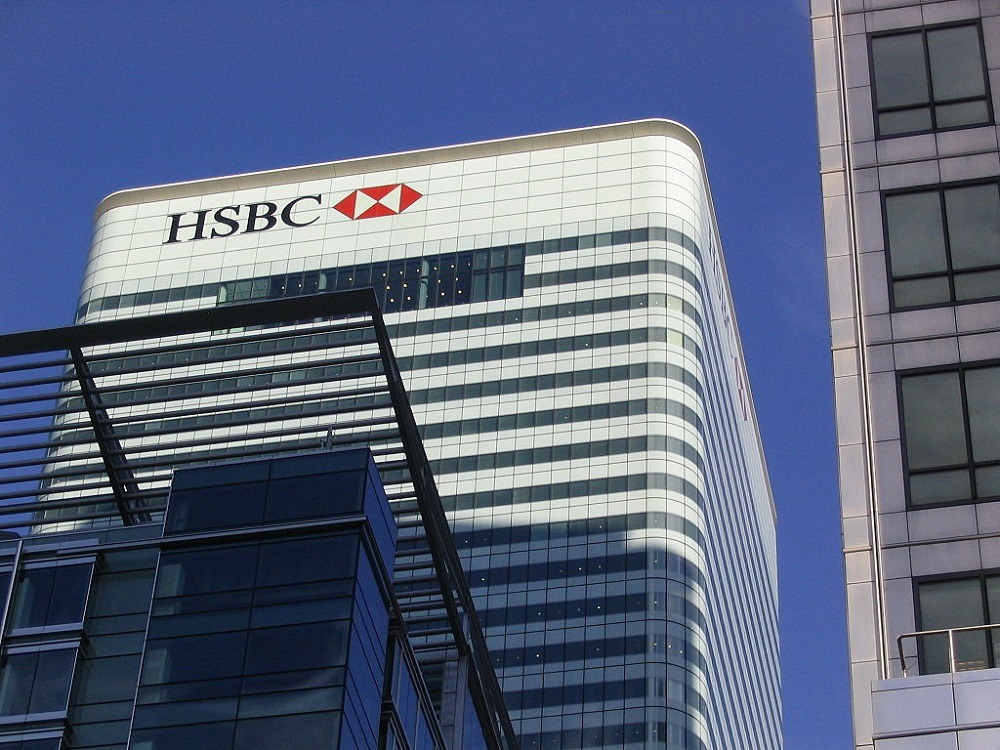
London-based multinational bank HSBC is the largest financial institution in Europe with assets totalling more than $2.5tn (£1.9tn).
It serves more than 39 million customers through four global businesses: retail banking and wealth management, commercial banking, global banking and markets, and global private banking.
HSBC operates in 66 countries and territories across Europe, Asia, the Middle East and Africa, North America and Latin America.
Although now based in the UK, HSBC traces its origins back to Hong Kong, where it was first incorporated in 1866.
8. BNP Paribas – Assets: $2.357tn (1.802tn)
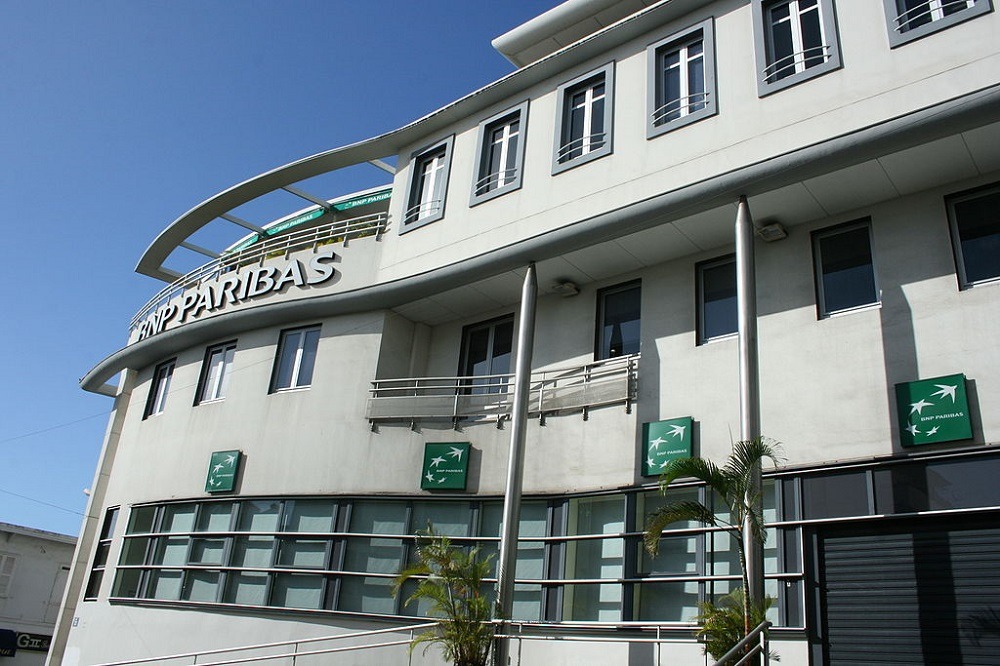
France’s BNP Paribas was established in its current form in 2000, as a result of the merger of Banque Nationale de Paris (BNP) and Paribas, and today has assets of more than $2.3tn (£1.76tn).
Based in Paris, it employs around 200,000 people across 72 countries, with a dual focus for its business – retail and corporate banking.
The bank serves nearly 32 million individual customers and 850,000 professionals, entrepreneurs, SMEs and large corporate clients through its retail banking network.
9. Bank of America – Assets: $2.281tn (£1.744tn)
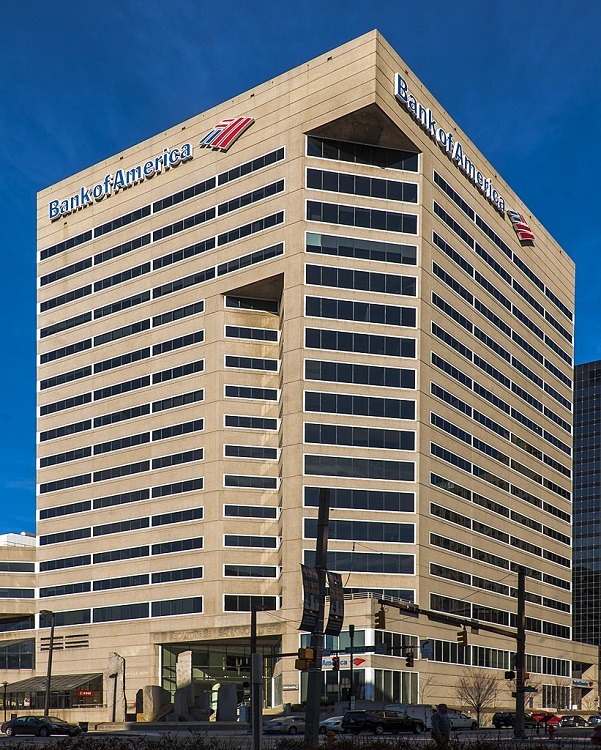
Bank of America is the second largest financial institution in the US, with assets totalling around $2.3tn (£1.76tn).
It is today based in Charlotte, North Carolina, but began life in San Francisco in 1904 as the Bank of Italy, when it was founded to serve working class citizens of the area, especially Italian-American immigrants.
It was established in its present form in 1998, following a $62bn (£47.4bn) acquisition by NationsBank, and has a significant footprint in the wealth management and investment sectors under the Merrill Lynch brand.
10. Crédit Agricole – Assets $2.117tn (£1.618tn)

Based in Montrouge, France, Crédit Agricole is the country’s second biggest bank, and the world’s biggest cooperative finance institution.
It was founded in 1894 as a lender to the farming industry, and, after undergoing a number of institutional transformations, has today grown into a financial powerhouse with assets totalling around $2.1tn (£1.6tn).
Crédit Agricole focuses on running local and regional bank branch networks, which provide a range of financial services to both individuals and businesses.
